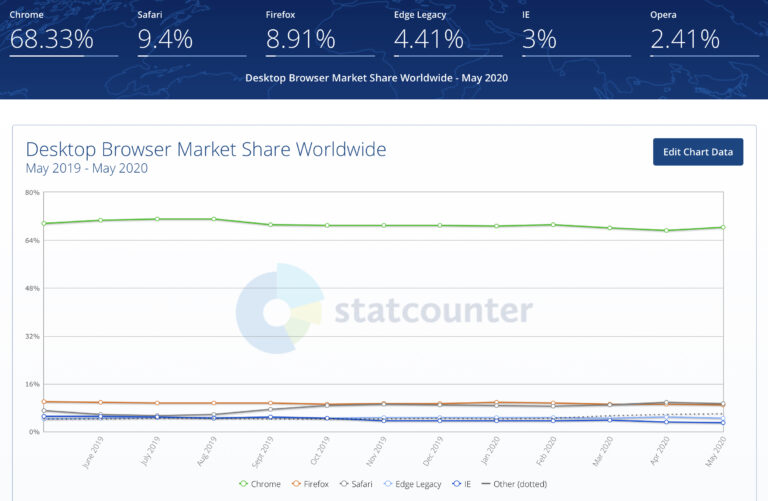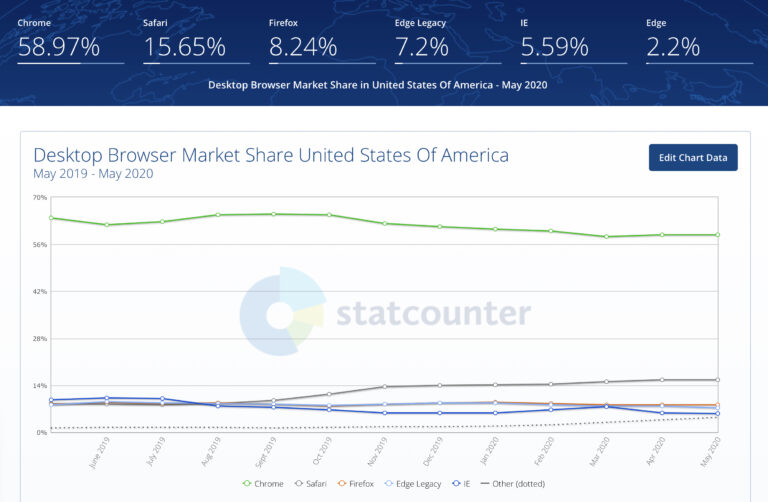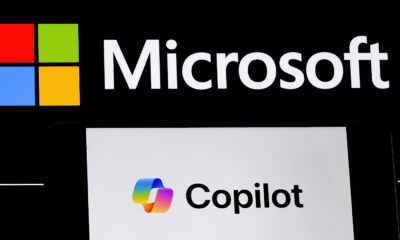Apple Safari to Block Google Analytics From Collecting Data

Apple’s latest version of macOS contains an updated version of the Safari browser that blocks trackers, including Google Analytics, from collecting user data.
The new version of macOS, called “Big Sur,” was announced this week at Apple’s annual Worldwide Developer Conference (WWDC). During the announcement Apple previewed Safari’s new privacy report feature.
Safari’s privacy report will list all trackers blocked by the browser on the website a user is currently visiting.
If you weren’t looking closely you may have missed it, but Apple specifically shows Google Analytics being blocked by Safari.
Here’s a screenshot from a press release Apple published yesterday:

As you can see, the new version of Safari blocks other popular trackers such as DoubleClick, Amazon, and Optimizely.
Apple is touting Safari’s privacy features as a major selling point of the new browser.
“Privacy has always been built into Safari, and a new Privacy Report delivers added visibility into how Safari protects browsing activity across the web.
Users can choose when and which websites a Safari extension can work with, and tools like data breach password monitoring never reveal your password information — not even to Apple.”
Apple is even going to let users of macOS Big Sur add a privacy report widget to their desktop for easy access at any time.
The privacy report widget contains a comprehensive list of all trackers blocked in the past seven days.
What Does This Mean for Marketers?
This change spells potential bad news for marketers and site owners, especially if a significant amount of their visitors use the Safari browser.
Losing data is never a good thing though, regardless of how much of a site’s audience uses Safari.
It’s a particularly valuable set of data when it comes to analyzing how Mac users engage with a website compared to users on other operating systems.
The silver lining is this update is only coming to the desktop version of Safari, which holds less that half the market share of mobile Safari.
Related: Safari Announces Full 3rd Party Cookie Blocking
Safari Market Share – Desktop vs. Mobile
As of May 2020, Safari holds 9.4% of desktop browser market share worldwide.

That number is slightly higher when looking at United States data where Safari holds 15.6% of the desktop market.

Many fewer people use Safari than Chrome, but Safari’s market share is not insignificant by any means. It’s still the second-most popular desktop web browser.
This update to Safari would have a much greater impact if it were rolled out to the mobile browser, however, as mobile Safari holds 24.4% market share world wide.
That number is over twice as high in the United States, where Safari is currently the most popular mobile web browser with a whopping 55% market share.
Blocking Google Analytics on mobile Safari would be an enormous hit to marketers’ data – but let’s not worry about that until we have to.
What Does This Mean for Advertising?
Apple has been on a push toward a more private browsing experience well before it’s latest announcement.
The company’s efforts to block trackers thus far has resulted in a 60% decrease in pricing for targeted Safari ads.
As Apple expands its tracker blocking capabilities in Safari, ads will become even harder to target which will likely drive the price down even further.
While that may benefit ad buyers, lower prices for ads means less money earned by websites publishing those ads.
Not to mention blocking trackers makes it challenging for advertisers to reach their intended audience.
Time will tell to what extent this change affects marketers.
There’s no release date set in stone for macOS Big Sur, but Apple’s major operating system updates typically roll out in the fall.
Source: Apple
















